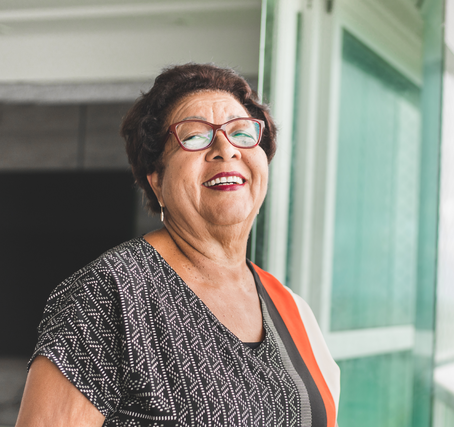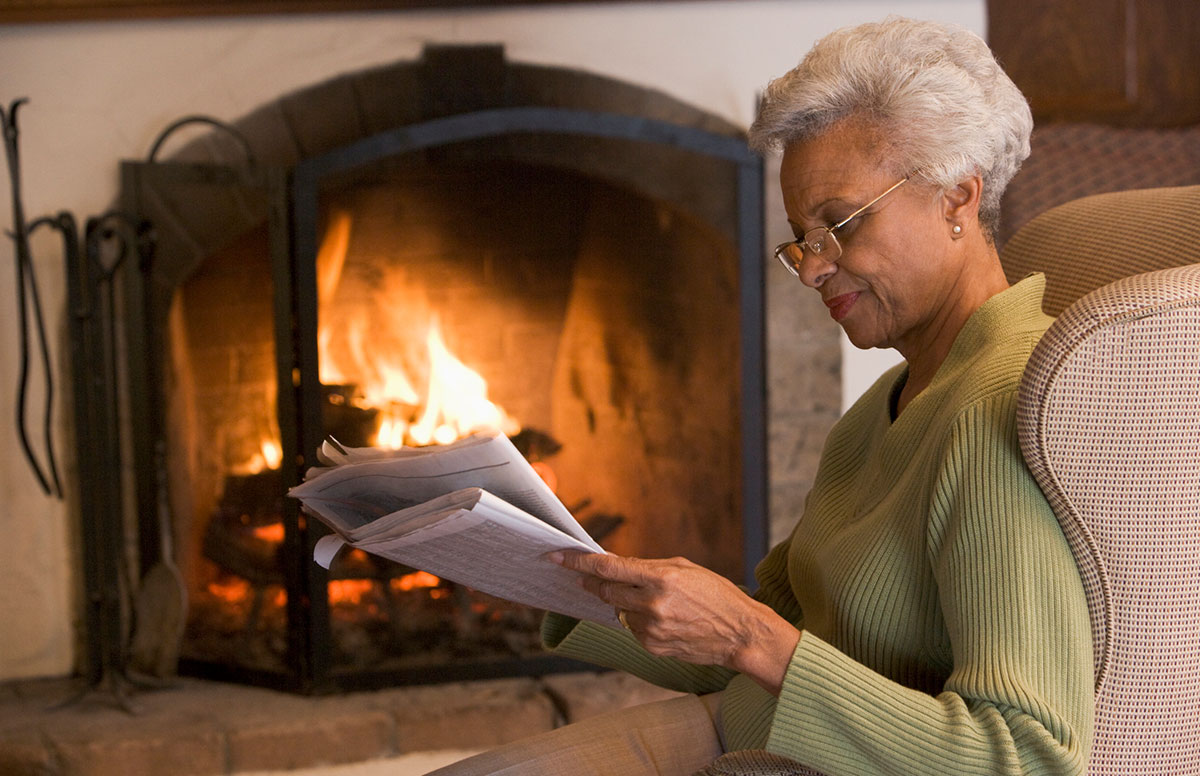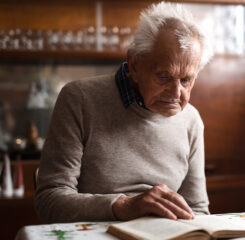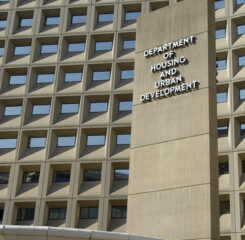Spotlight on Fires, Safety & NSPIRE in HUD Housing
On April 20, the House Financial Services Subcommittee on Housing, Community Development and Insurance held a Bronx field hearing, “A Matter of Life and Death: Improving Fire Safety in Federally Assisted Housing.” The hearing followed fires in the Bronx and Philadelphia at HUD-subsidized housing communities.
Subcommittee Chair Emmanuel Cleaver (D-MO) opened the hearing. “The incident at Twin Parks North West was preventable…. The tragedy was an unacceptable failure.” Representative Richie Torres (D-NY), a Subcommittee member from the Bronx, said, “The tragedy reminds us of the need for safe, decent, and affordable housing is not an abstraction. Twin Parks North West was a tragedy but no accident [given the] deliberate disinvestment in housing.” “The use of space heaters is a cry for help and a cry for heat,” Representative Torres said.
“I want Congress to take action to keep our buildings safe. It should not take a tragedy before people get serious about improving the conditions in these buildings. If this happened to us, it can happen to other people too. Congress needs to step up,” former resident of Twin Parks North West Sandra Clayton testified.
Bronx Borough President Vanessa Gibson also testified. “This tragedy only heightened the many inequities our residents have historically faced living in federally assisted housing and what we’ve known to be true all along. There is a lack of attention and accountability in addressing long standing violations and a lack of prioritization in investing and conducting necessary repairs to ensure hospitable, safe and adequate housing for our residents. This fire, as well as many others citywide, could have been prevented had these issues been addressed accordingly. The Twin Parks fire was determined to have been caused by a space heater due to insufficient heating in the building, a common complaint that constantly goes unaddressed,” President Gibson said. “Additionally, the situation at Twin Parks was made much worse due to malfunctioning or broken self-closing doors. Every death at Twin Parks was caused by smoke inhalation; the fire itself was contained to the apartment it started in and the adjacent hallway. However, because the apartment door did not close behind the evacuating family, this enabled the smoke to rapidly spread throughout the building.”
RuthAnne Visnauskas, Commissioner and CEO of New York State Homes and Community Renewal, urged Congress to increase federal funding for safety inspections as well as funding to support new technology-based infrastructure between local, state and federal partners to better ensure compliance monitoring and to improve subsidized and affordable housing through the $150 billion proposed federal investment from the Build Back Better Act.
“HUD takes very seriously the role we play in fire and safety standards in HUD-assisted housing. As a former NYCHA resident, I am extremely passionate on carrying forward this work that is a top priority for Secretary Fudge. HUD housing must be as safe, high quality, accessible and available as any housing available to those households with greater economic means,” Alicka Ampry-Samuel, Regional Administrator, Region II, Department of Housing and Urban Development, testified.
HUD has inspected more than 37% of the 35,000 public housing and multifamily properties under its jurisdiction since physical inspections resumed in June 2021, Ms. Ampry-Samuel said. HUD is ahead of schedule to meet its goal of inspecting 100% of these properties by September 30, 2023.
HUD also testified it has made “tremendous progress on its efforts to substantially improve its physical inspections,” which were created more than 20 years ago. HUD will replace these with the new National Standards for the Physical Inspection of Real Estate (NSPIRE), which are currently at the proposed rule and demonstration stage.
HUD hopes to have NSPIRE implemented by the end of calendar year 2023, Ashley Sheriff, Acting Deputy Assistant, Real Estate Assessment Center, HUD, said at the hearing. Witness Adolfo Carrion, Commissioner for Enforcement and Neighborhood Services, NYC Department of Housing Preservation and Development, said he hopes NSPIRE implementation comes sooner than that.
The NSPIRE demonstration “includes several new and more stringent health and safety requirements for smoke alarms, carbon monoxide detectors, fire doors, electrical systems, dryer exhausts, infestation, guardrails and handrails,” Ms. Ambry-Samuel wrote in her written testimony. “NSPIRE would also provide an opportunity for tenants to provide formal feedback about the conditions of their units that could be used to prioritize inspections and address urgent concerns,” her testimony said.
HUD staff also testified, that the NSPIRE standards would implement the National Fire Protection Association 72, which is the preeminent national standard for smoke detectors and fire signaling. It also would establish a minimum temperature requirement and require a permanent heating source, allowing residents to live more comfortably and ideally be less reliant on supplemental heat sources, such as space heaters, which can often be fire and carbon monoxide hazards. The proposed new standards, which should be available for public comment by Fall, will also include:
- More stringent and specific fire safety door requirements;
- New fire sprinkler standards including for the proper functioning of these systems;
- New safety defects for GFCI & AFCI protection of electrical systems;
- Required carbon monoxide alarms; and
- New safety defects for dryer exhausts.
The hearing was not just to hear from witnesses but counts as the Subcommittee’s consideration of several bills, including bills that would require temperature sensors in HUD-assisted units, self-closing doors, new requirements for smoke detectors, interagency and intergovernmental coordination of housing inspections, as well as other bills. These bills are now ripe for Committee consideration, amendments, and votes.
LeadingAge is actively engaged and working with offices on these bills.
Chair Cleaver closed the hearing by saying, if we do nothing about this, we are guilty for whatever happens down the road.
Hearing webcast and materials are here.

Most Recommended
November 08, 2024
 HOTMA: New Rules for Housing
HOTMA: New Rules for Housing
November 06, 2024
 Colleagues on the Move, November 6, 2024
Colleagues on the Move, November 6, 2024
November 06, 2024
 Analysis: What Does the Final CY2025 Home Health Rule Include?
Analysis: What Does the Final CY2025 Home Health Rule Include?
October 29, 2024
Katie Smith Sloan Urges Members to Build a Movement, Take Action
Recently Added
December 13, 2024
CAST Members in the News
December 13, 2024
a2 Pilot Awards Open for AI-based Healthy Aging Projects
December 13, 2024
HUD Finalizes 30-Day Eviction Notification Rule
December 12, 2024



